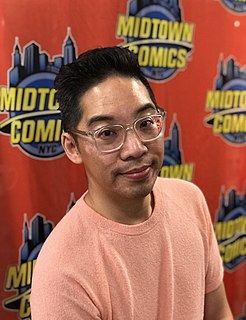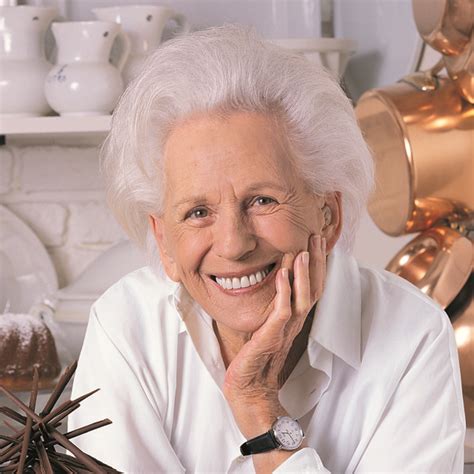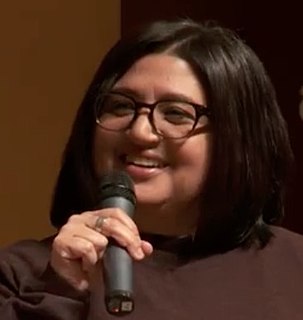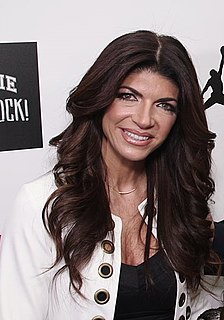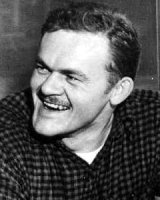A Quote by Doris Kearns Goodwin
I'd like to think that what my style of writing is, is an attempt not so much to judge the characters that I'm writing about, to expose them, to label them, to stereotype them, but instead to make them come alive for the reader with all their strengths and their flaws intact.
Related Quotes
It starts with the writing. We have to think of all these characters - we have to treat them all equally. We have to think of them as having an interior life and having motivations. When I'm drawing female characters, I'm looking for that. I'm looking for subtext. I'm looking for ways to make the reader relate to them in a way that goes beyond the pure aesthetic value. You know, just drawing an attractive woman really gets kind of boring after a while.
The thing about great fictional characters from literature, and the reason that they're constantly turned into characters in movies, is that they completely speak to what makes people human. They're full of flaws as much as they are full of heroics. I think the reason that people love them and hate them so much is because, in some way, they always see a mirror of themselves in them, and you can always understand them on some level. Sometimes it's a terrifyingly dark mirror that's held up.
Even when I'm writing animation, I think of them as real people. I think of them as completely three-dimensional beings, even if it's a talking teapot. I don't think of them as one-dimensional drawn characters running around. Maybe that's why, to me, there's really no difference in writing the two - animation versus live action.
I realized you might make money at writing, and you might even make a living at it. So after that I didn't write stories just for the class but wrote them for the purpose of submitting them somewhere, and at some point in the process, I began writing them just to please myself and that's where you begin to see the real value of a life of writing.
People are flawed. I like peaking into their flaws. The way to humanize them is not to play them in any general way, but to make them very specific. If you make them specific, they have hopes and dreams and loves and vulnerabilities and quirks and you get to know them and you get to appreciate them.
Authors, she soon decided, were probably best met within the pages of their novels, and were as much creatures of the reader's imagination as the characters in their books. Nor did they seem to think one had done them a kindness by reading their writings. Rather they had done one the kindness by writing them.
I think it's one of the nicest privileges as an actor is to know that you can move people in one moment, make them think about their lives, or make them laugh or make them cry or make them understand something. Or just make them feel something because I think so many of us, including myself, spend too much time not feeling enough, you know?
When I write my novels, I'm not writing them to make political points. I'm writing them because I passionately love monsters and the weird and horror stories and strange situations and surrealism, and what I want to do is communicate that. But, because I come at this with a political perspective, the world that I'm creating is embedded with many of the concerns that I have. But I never let them get in the way of the monsters.
I don't think you could teach someone to be a genius, but you can certainly teach them to not make rookie mistakes and to look at writing the way a writer looks at writing, and not just the way a reader looks at writing. There are a lot of techniques and skills that can be taught that will be helpful to anybody, no matter how gifted they are, and I think writing programs can be very good for people.


